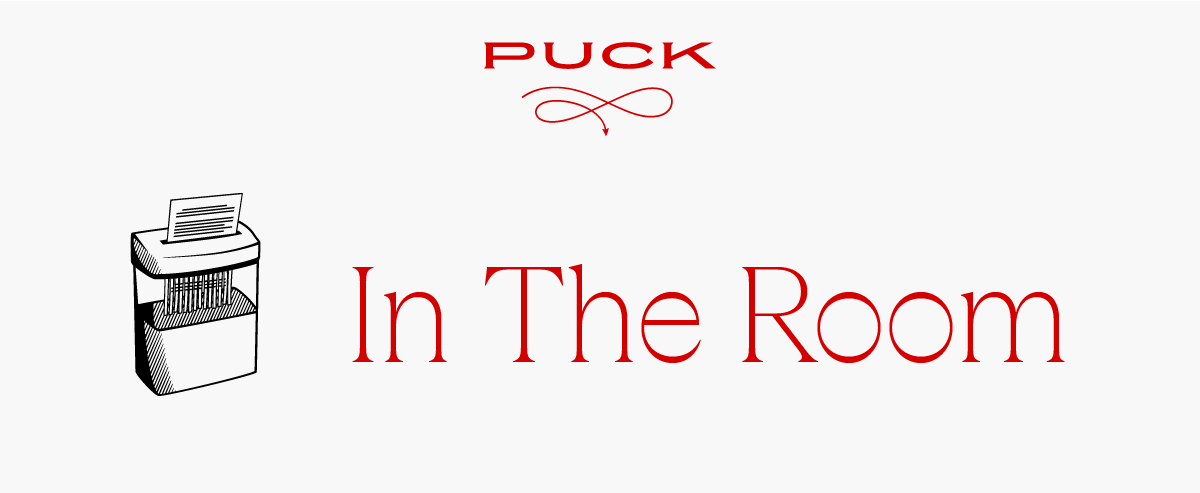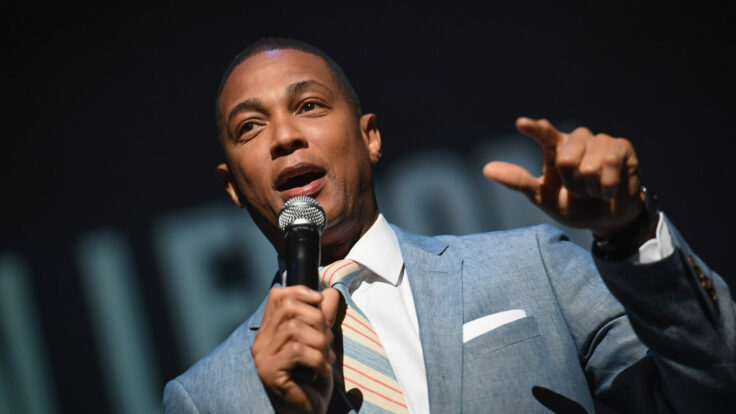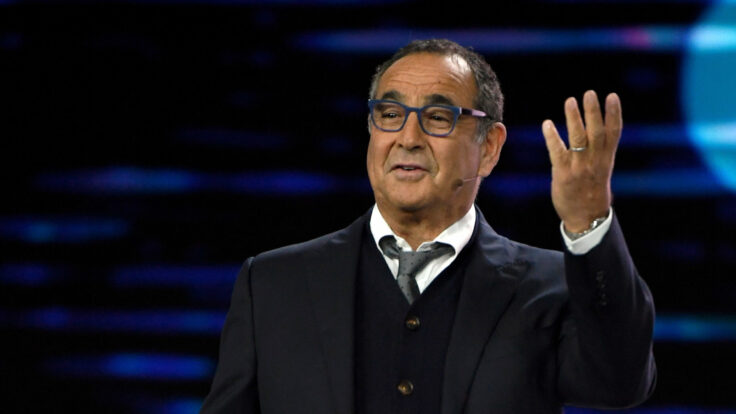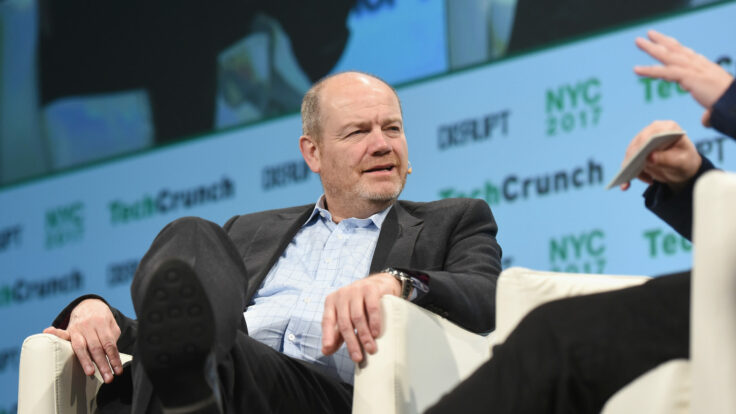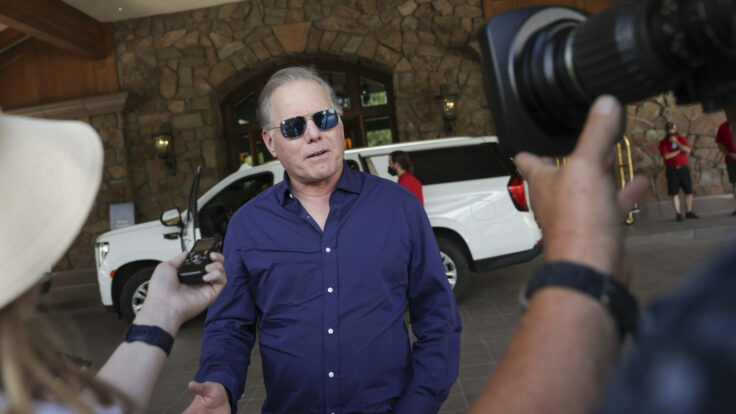|
Welcome back, I'm Dylan Byers.
You're reading In The Room, my biweekly private email on the intrigue and inside story behind what’s going on in the media industry.
Today, a scoop on Politico’s new top editor ... and the challenge of rebuilding the cachet of a scrappy media startup that grew into precisely the sort of institution it initially set out to disrupt.
As a reminder, you're receiving the free version of In the Room at {{customer.email}}. Want full access to Puck, to each of my colleagues, and to all of my private reporting? You can subscribe right here.
Fifteen years after it broke onto the scene in an unmistakably disruptive manner, re-defining the stodgy news business with its metabolic frisky style and scoop-bazooka, Politico seems intent on entering its own Washington sinecure of sorts—as the pendulum swings, in the words of one founder, towards institutionalism in D.C. Will its new newsroom leader commensurately facilitate the anti-disruption disruption? Earlier this year, on the occasion of Politico’s 15th anniversary, the famously thoughtful and far-sighted founding editor John Harris put forward a controversial thesis about the very industry he once participated in reshaping. A decade and a half earlier, he and his fellow co-founders, Jim Vandehei and Mike Allen, had disrupted the world of political journalism with a scrappy, high-metabolic inside-baseball approach that eschewed the musty conventions of legacy media institutions. Politico was an instant, groundbreaking hit. Mark Leibovich, Washington’s unofficial chronicler, even won the magazine industry’s top honor for his profile of Allen and the Politico phenomenon.
In those early days, Politico leveraged some brilliant observations about the white space in the market. Washington insiders, all too aware of the bullshit-laced pablum that saturated the professional political-media scene, instantly took to Politico as that rare media organization that cut through the noise and provided the truth beneath the talking points and K Street agendas. Back in those days, Politico (or The Politico, as it was originally titled) revealed subterranean Washington to be a far more complex and dynamic place than its Brooks Brothersy and Ann Tayloresque surface belied. Core to the thesis was the idea that journalists should break down the fourth wall with the reader and give them the unvarnished truth of what was going on behind the scenes in Washington.
Now, with Politico old enough to obtain a driver’s permit, Harris offered a countermanding idea for the next 15 years...
FOUR STORIES WE'RE TALKING ABOUT As markets slip, media companies are beginning to ask, what if everything Netflix thought it knew turns out to be a lie? MATTHEW BELLONI Behind the scenes, Twilio C.E.O. Jeff Lawson has been making new strategic moves in the big-money world of Democratic politics... THEODORE SCHLEIFER How an unsigned editorial upended Twitter, presaged a new Times agenda, and revealed its challenges in the post-Trump era. DYLAN BYERS Redstone likely can’t sell Paramount Global until she finds a way to flip its broadcast and affiliate assets. Could private equity step in? WILLIAM D. COHAN 
You received this message because you signed up to receive emails from Puck.
Was this email forwarded to you?
Sent to {{customer.email}}
Interested in exploring our newsletter offerings?
Puck is published by Heat Media LLC.
For support, just reply to this e-mail. For brand partnerships, email ads@puck.news |
